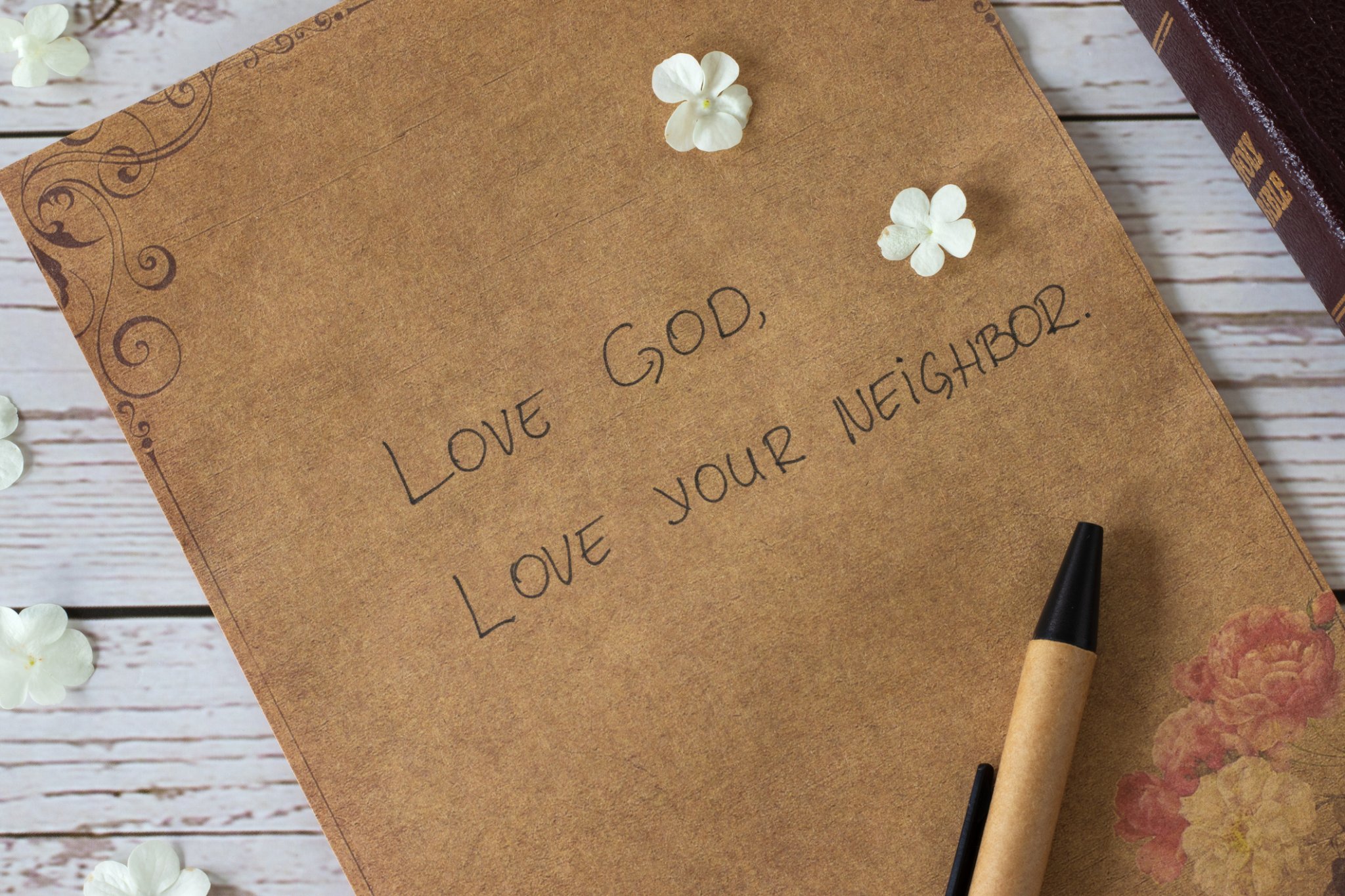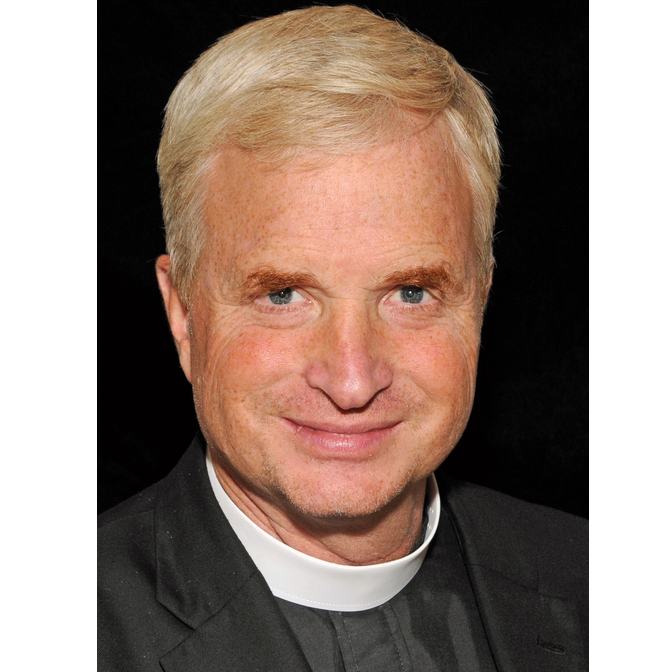Hamptons Soul: Local Religious Leaders Discuss Loving Your Enemy

Jewish Center of the Hamptons Rabbi Josh Franklin and St. Luke’s Episcopal Church Rector Reverend Benjamin Shambaugh offer their wisdom on being alone.
Loving Your Enemy
By Rev. Benjamin Shambaugh
In Matthew chapter 5, Jesus says, “You have heard that it was said, ‘Love your neighbor and hate your enemy.’ But I tell you, love your enemies and pray for those who persecute you… If you love those who love you, what reward will you get? Are not even the tax collectors doing that? And if you greet only your own people, what are you doing more than others?”
In this ever more divided culture, loving our neighbor is challenging. Loving our enemies seems impossible. If we pray publicly for them, we are accused of being political, of pushing an agenda, of going along with them, or re-traumatizing those they have hurt. Yet loving our enemies and praying for those who persecute us is what Jesus is asking his followers to do.
Like listening to them, praying for people is not condoning their behavior or agreeing with their perspective. It does, however, honor their dignity as fellow human beings. Loving them does not mean liking them, any more than forgiving them lets them off the hook. These things do recognize that they, like us, are children of God.
It may be that as hard as we may try, we cannot get to the point of loving or forgiving our enemies and the best we can do is pray, in the process remembering where we need to ask for forgiveness and love ourselves. The Episcopal Book of Common Prayer offers a prayer entitled “For our Enemies” that may help guide as we begin to do that.
O God, the Father of all, whose Son commanded us to love our enemies: Lead them and us from prejudice to truth: deliver them and us from hatred, cruelty, and revenge; and in your good time enable us all to stand reconciled before you, through Jesus Christ our Lord. Amen.

The Most Overrated Commandment—and the One We Should Quote Instead
By Rabbi Josh Franklin
The most quoted commandment in the Hebrew Bible may also be its most overrated. “Love your neighbor as yourself” (Leviticus 19:18) is often called the “golden rule,” “the royal law,” or even “the fundamental principle of the Torah.” But it’s not nearly as radical as people think. Loving your neighbor—someone who likely shares your background, beliefs, and values—isn’t all that difficult.
In fact, the Hebrew could be translated as “love your neighbor who is like you.” It’s comforting, but not especially challenging. Loving people who reflect our own identities may make for pleasant communities, but it does little to confront fear, difference, or injustice.
Far more demanding—and more transformative—is a commandment found just a few verses later: “The strangers who reside with you shall be to you as your citizens; you shall love each one as yourself, for you were strangers in the land of Egypt: I am your God” (Leviticus 19:34).
This is not love rooted in sameness; it’s love forged through memory, vulnerability, and divine imperative. While loving your neighbor fosters cohesion, loving the stranger tears down walls. It forces us to see the humanity in those who are different, marginalized, or even deemed our enemy.
No fewer than 36 times, the Torah instructs us on how to treat the stranger. At the most basic level, we are not to oppress them (Exodus 22:20). On a deeper level, we are commanded to lift their burdens (Deuteronomy 10:18–19). But the highest aspiration is to love them.
Loving the stranger isn’t just kindness—it’s a sacred obligation. In today’s deeply polarized world, this commandment may be the most urgent of all. Try loving the person who is not like you. It won’t be easy—but it could change everything.










